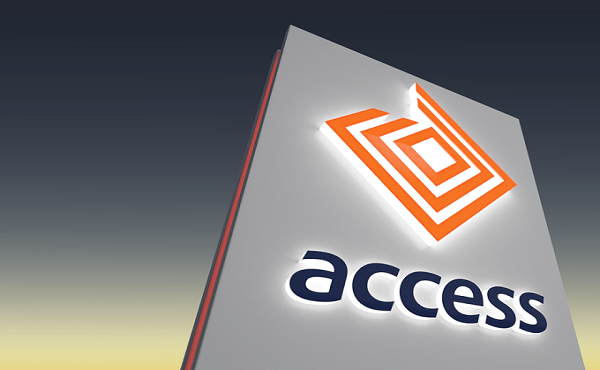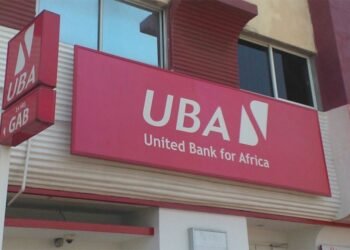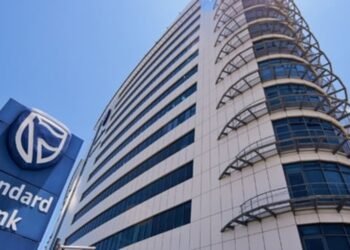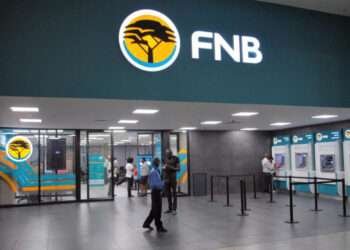Fitch has confirmed Access Bank Plc’s Long-Term Issuer Default Rating (IDR) at ‘B’ – with a Stable Outlook, underlining the bank’s resilience in the face of a challenging operating environment.
In addition, Fitch maintained Access Bank’s National Long-Term Rating at ‘A+(nga)’ with a Stable Outlook, recognizing the bank’s leading franchise but highlighting several areas of concern, such as core capitalisation and profitability in comparison to higher-rated peers.
Access Bank, Nigeria’s largest bank group, demonstrated its dedication to growth and expansion by strategically acquiring local banks throughout different Sub-Saharan African nations.
Fitch acknowledged these efforts as they contribute to Access Bank’s robust franchise and geographical diversification. However, Fitch also warned that while Access Bank has proven its ability to integrate domestic acquisitions effectively, the extensive number of cross-border acquisitions introduces execution risks and potential capital pressure.
Without a doubt, Access Bank occupies a prominent place in the Nigerian banking sector, representing a sizeable 16% of the assets of the banking system as of the end of 2022.
This significant market share highlights the bank’s strong footing in the industry, which has been further reinforced by its expansion strategy into other African markets.

Fitch Cautions Access Bank Of Areas Of Concern Of Risk
Nonetheless, Fitch pointed out areas of concern that warrant attention. According to Fitch, Access Bank’s concentration of credit exposure to a single obligor is remarkably high, with the 20 largest loans representing 193% of Fitch Core Capital (FCC) at the end of 2022.
While the bank’s exposure to the oil and gas sector is material, fitch disclosed that it remained lower than that of its domestic systemically important counterparts. Additionally, Access Bank’s significant sovereign exposure through securities and Central Bank of Nigeria (CBN) cash reserves surpasses 600% relative to its FCC, highlighting a potential vulnerability.
Like its competitors, Access Bank struggled with a lack of US dollars and the onerous cash reserve requirement imposed by the Central Bank of Nigeria (CBN) while operating in the difficult business environment of Nigeria.
Fitch anticipated that the reform measures taken by the new administration, such as the progressive elimination of fuel subsidies and the deregulation of the naira, will have a favorable effect on the business climate. The considerable difference between the official and parallel exchange rates, however, means that there is still a chance of a rapid currency depreciation, which could affect the stability of Access Bank.
Read also: BoG Earns Recognition From Nations Around The Globe For Its Regulatory Sandbox























